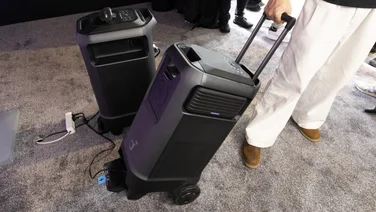To help us provide you with free impartial advice, we may earn a commission if you buy through links on our site. Learn more

Vodafone has revealed details of top-secret cables that allow governments around the world to spy on everything people say and do on its networks. The revelations mark the first time a mobile phone company has broken cover to provide actual global details of the widespread government surveillance detailed in documents leaked by whistleblower Edward Snowden. In its first ever transparency report Vodafone confirmed that wires had been connected directly to its own and other telecom networks and that government agencies were able to listen to and record live conversations and track the physical locations of customers. Details in the report are sketchy due to laws prohibiting Vodafone from speaking freely about government efforts to spy on citizens. In Albania, Egypt, Hungary, India, Malta, Qatar, Romania, South Africa and Turkey it is illegal for Vodafone to disclose any information about wiretapping or the interception of calls, messages and mobile phone use. It is estimated that in about six countries there are wires with direct access to Vodafone’s network. This direct access gives governments the power to carry out mass surveillance without any legal warrants or oversight and without having to gain permission from Vodafone to access any customer data. It is believed that in some countries there are rooms in central data centres with equipment that intercepts and analysis traffic before passing it onto the network operator. Agency snoops can trawl through this data, collecting everything and anything they want. Privacy campaigners have said the revelations are a “nightmare scenario”. In other countries, including the UK, government and law enforcement agencies need a warrant to listen to phone calls, look at text messages and snoop on emails and online chat sessions. Vodafone is calling for an end to all direct access on its own and other telco networks, saying that government surveillance must be “proportionate in scope and defined by what is necessary to protect the public, not by what is technically possible.” “These are the nightmare scenarios that we were imagining,” said Gus Hosein, executive director of Privacy International, which is attempting to take the British government to court over mass surveillance. Speaking to The Guardian, Hosein continued:
“I never thought the telcos would be so complicit. It’s a brave step by Vodafone and hopefully the other telcos will become more brave with disclosure, but what we need is for them to be braver about fighting back against the illegal requests and the laws themselves.”






